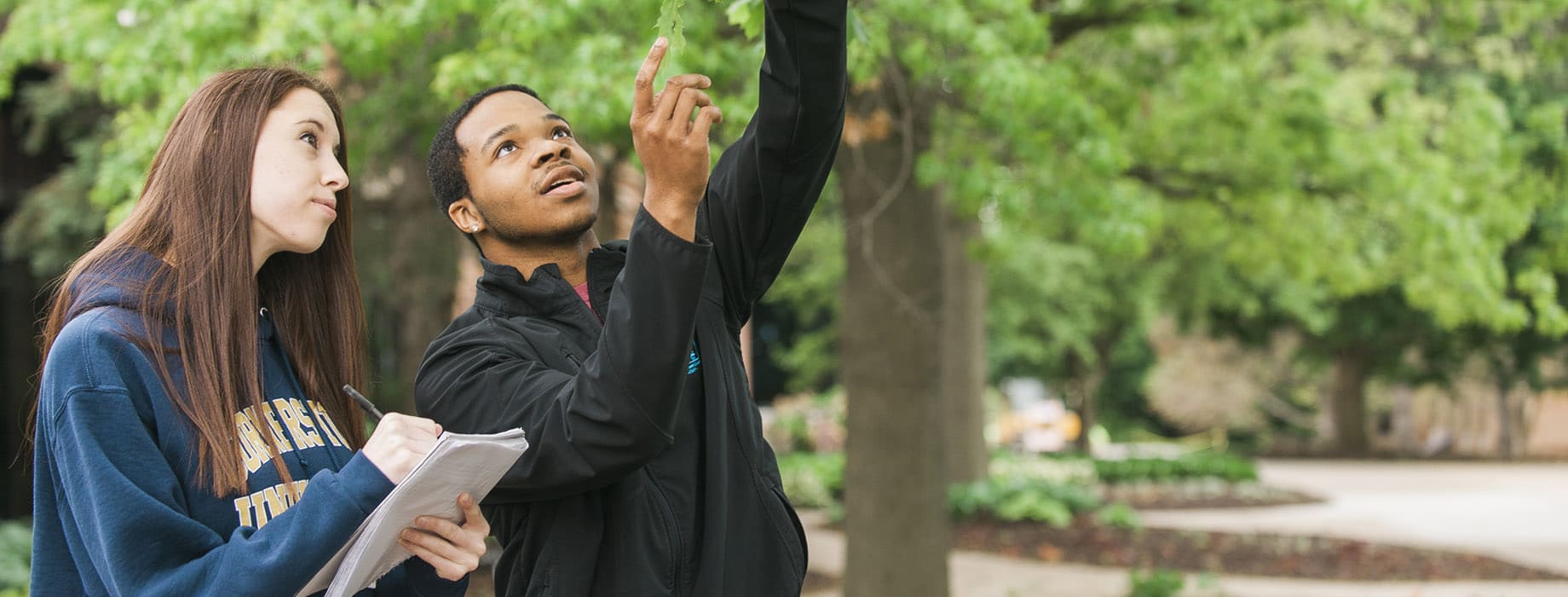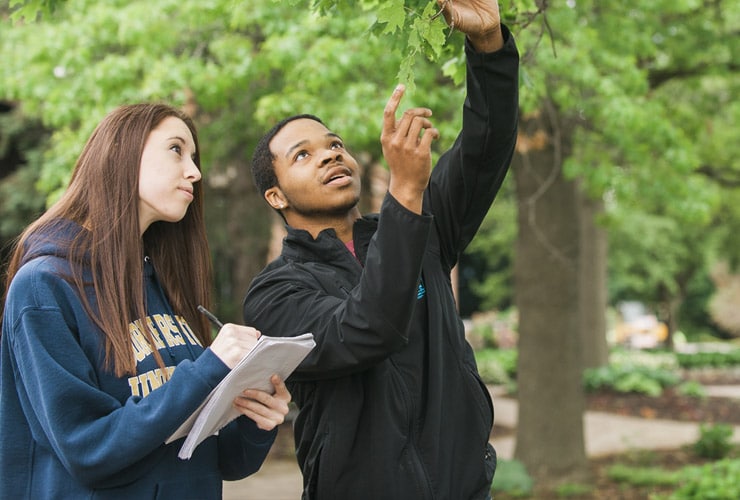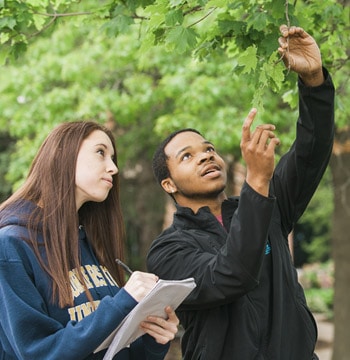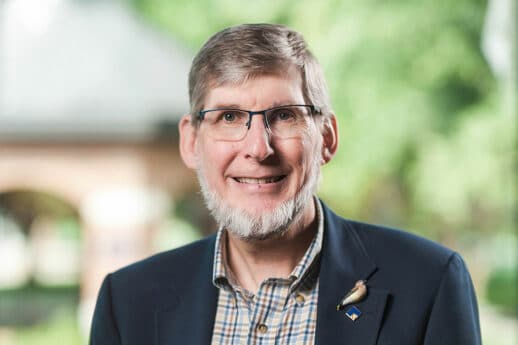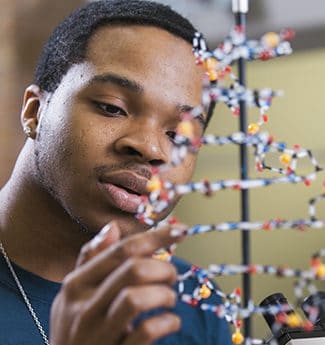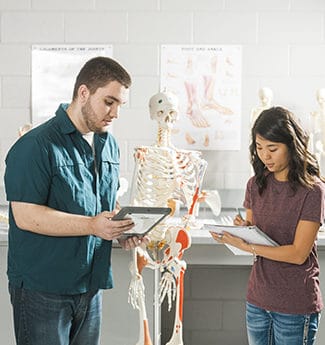The environmental biology program reflects our commitment to developing students’ knowledge, skills and attitudes in five distinct yet interconnected areas.
Specialized Knowledge
Students will demonstrate knowledge of and proficiency in the terminology, theories, concepts and practices used by naturalists in school, park, nature center and other non-formal education settings.
- Assess and evaluate natural ecological systems and develop solutions leading to their stewardship and sustainability.
- Develop evidence-based arguments in the assessment of environmental issues and the potential solutions to address these issues.
Applied Knowledge and Collaborative Learning
Students will demonstrate the ability to communicate natural history and ecological principles to various people groups using effective communication skills.
- Design investigations, collect and critically analyze data and communicate results related to natural ecological systems locally, nationally and/or globally.
Intellectual Skills
Students will demonstrate your ability to integrate both traditional and non-traditional cognitive skills, including analytical inquiry, information literacy, quantitative fluency and communicative fluency.
Civic and Global Learning
Students will demonstrate intercultural competence in addressing civic, social, environmental and economic issues.
Biblical Worldview Integration
Students will articulate a Christ-centered worldview and its personal, professional and communal embodiment through Christian virtues.




